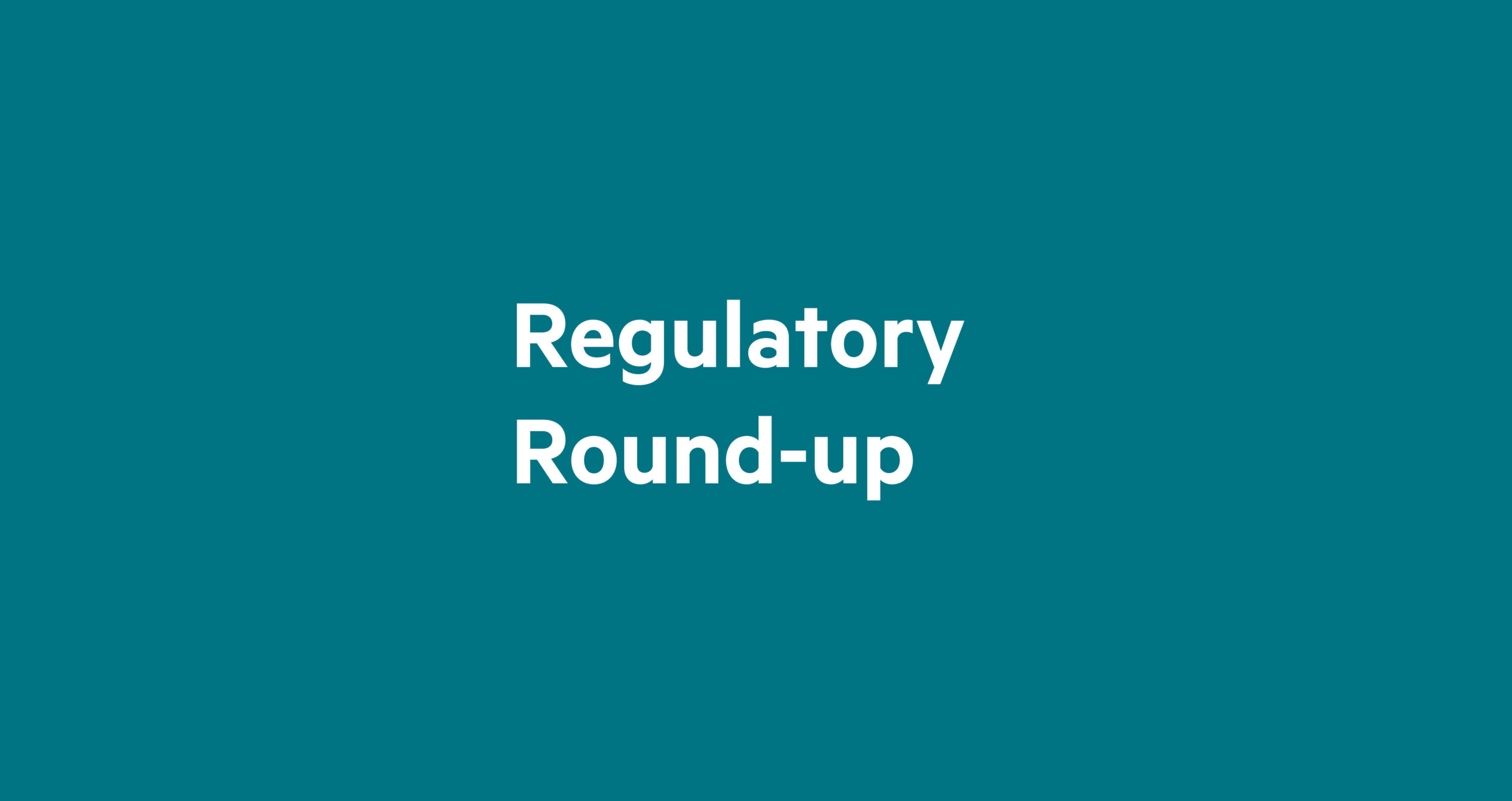
Regulatory Round-up: PRI on CBAM, VCMI’s carbon markets code, Emmanuel Macron and Michael Bloomberg launch new climate committee

The EU’s plans to curb imports of products such as steel from carbon-intensive countries may struggle to get fully implemented, according to a report sponsored by the UN-backed Principles of Responsible Investing. The so-called Carbon Border Adjustment Mechanism relies on measures such as import levies to support countries that are making their industries greener against high-emitting competitors.
While the CBAM may serve as a negotiating tool with big emitters, it may face significant hurdles to full implementation in the form proposed by the EU commission, the report says. It suggests that “more politically feasible” are so-called climate clubs – groupings of environmentally aligned states. Members who adhere to the rules can be rewarded with benefits such as favourable trade deals while others that fail to comply can be penalised. The UK has committed to consult this year on whether to introduce its own post-Brexit CBAM.
Google, Hitachi and Unilever are among the companies to pilot a draft code of practice, developed by the Voluntary Carbon Markets Integrity Initiative, to classify the integrity of credits bought on the voluntary carbon market. The code was created against a backdrop of complaints about the lack of trustworthiness of offsets.
The aim is to provide companies with a globally standardised benchmark for voluntary carbon credits with the code categorising their climate claims into ‘gold’, ‘silver’, or ‘bronze’ standards approved by the VCMI. After testing by businesses and a public consultation, the final version is expected to be released around the turn of the year. The organisation then expects to carry out a full review in 2025, by which time data sources should be more robust and corporate climate disclosure regulations will have been tightened up.
French president Emmanuel Macron and UN special climate envoy Michael Bloomberg have set up a new committee designed to enhance transparency and monitor the steps that business takes on climate, according to Reuters. The initiative will bring together international organisations, regulators, policymakers and data service providers to create an open-data public platform that will collect and standardise net zero transition data in the private sector.
Canada’s Office of the Superintendent of Financial Institutions has issued draft guidelines on climate risk management for federally regulated financial institutions. The proposed prudential framework, released as part of a public consultation, sets out the OSFI’s expectations for climate-related governance, risk management and disclosures, and would require a financial institution to “maintain sufficient capital and liquidity buffers for its climate-related risks”.
The Network for Greening the Financial System has called on central banks to come to their own judgements on climate risk and not just rely on private credit rating agencies. Sabine Mauderer, vice chair of the organisation that now has most major central banks in membership, warned in a post on Twitter that there is still a lack of transparency surrounding both the methodologies used by rating agencies to incorporate climate risk factors, and how these factors contribute to the final rating. “I therefore encourage central banks to apply their own analysis to complement traditional credit ratings,” she said.
The US Commodity Futures Trading Commission is considering introducing climate stress tests into its oversight of the derivatives and the underlying commodities markets, it has revealed in a new consultation paper. The regulator says such steps would help to ensure the financial integrity of relevant transactions, avoid systemic risk and promote responsible innovation.
The EU has agreed that companies will face targets to appoint women onto corporate boards. The European Parliament and Council have reached a political agreement on a directive first proposed in 2012 that states that in large companies at least 40 per cent of the under-represented gender (usually women) must be represented in non-executive boards of listed companies or 33 per cent among all directors. This will apply to all EU companies listed on EU stock exchanges from June 2026.
Green finance groups demanding climate-related capital requirements continue to put pressure on the Basel Committee on Banking Supervision as they wait for the publication of its principles for managing and supervising climate-related financial risks. The Climate Safe Lending Network asks that central banks apply capital measures to climate-damaging assets like fossil fuels and activities linked to deforestation.
The EU’s supervisory authorities – the European Banking Authority, the European Insurance and Occupational Pensions Authority and the European Securities and Markets Authority – have published clarifications on the draft regulatory technical standards relating to the implementation of the Sustainable Finance Disclosure Regulation.
Similar Articles

Nature degradation could cause financial losses to the UK economy greater than Covid-19 and 2008 financial crash

Brussels Briefing: MEPs back CSDDD and exit from ECT


